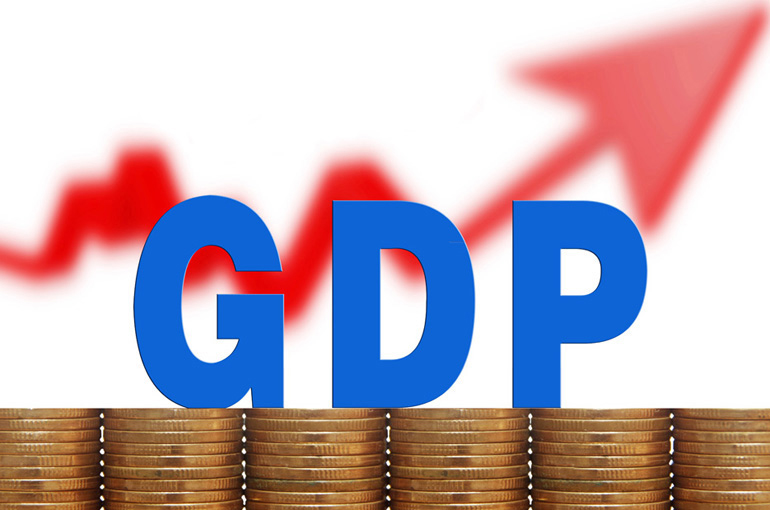 UBS Lifts China GDP Growth Forecasts for 2024, 2025
UBS Lifts China GDP Growth Forecasts for 2024, 2025(Yicai) Oct. 21 -- UBS Investment Bank has upgraded its economic growth forecast for China this year and the next mainly because of a better-than-expected expansion in the third quarter and the country's recent stimulus measures.
China's gross domestic product will likely expand 4.8 percent this year from the year before, compared with the previous 4.6 percent forecast, UBS announced today. The GDP growth prediction for next year was raised to 4.5 percent from 4 percent.
The uplift is mostly due to China's third-quarter year-on-year GDP growth of 4.6 percent, slightly above market expectation of 4.4 percent, and the series of support policies the government recently launched, said Wang Tao, head of Asia economics and chief China economist of UBS. This quarter's growth from the prior one, or more precisely seasonally adjusted quarter-on-quarter annualized growth, may be up to 6.5 percent, though the year-on-year growth will stay at 4.6 percent, she noted.
The Chinese government increases policy support, and the fiscal pulse may be stronger than expected, Wang said. Fiscal support is mainly used to repay government arrears and ease local governments' payment restrictions, she said, adding that lowering the mortgage rates will likely lower residents' interest burden by about CNY150 billion (USD21.1 billion) a year.
Expectations of increasing policy support and stability of the real estate market may boost the confidence of residents and businesses, according to Wang.
Fiscal fund support may be able to extend till early next year, with credit growth's recovery also expected, Wang said. Therefore, UBS revised up its projection for China's real economic growth next year to 4.5 percent and increased its expectations of nominal GDP year-on-year growth to 4.8 percent, she added.
Assuming that other conditions remain unchanged, the stronger-than-expected fiscal policy support size and adoptions of easing policies related to the real estate market and other areas will likely bring UBS's 2025 economic growth projections some upward risks, Wang pointed out.
Editors: Zhang Yushuo, Martin Kadiev